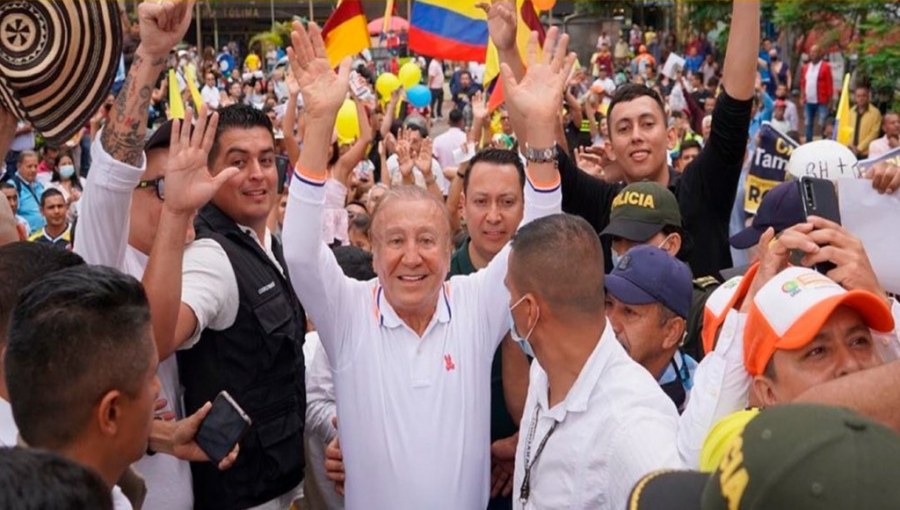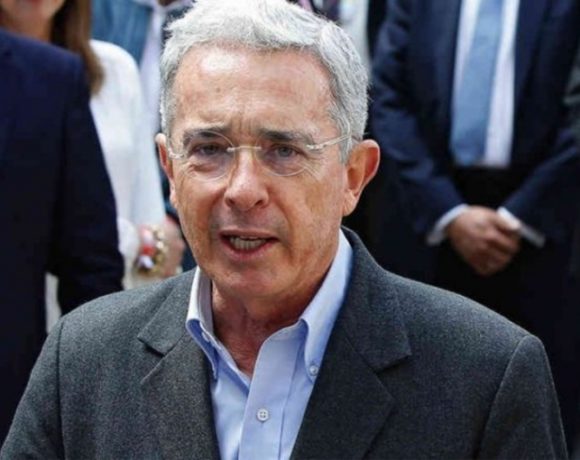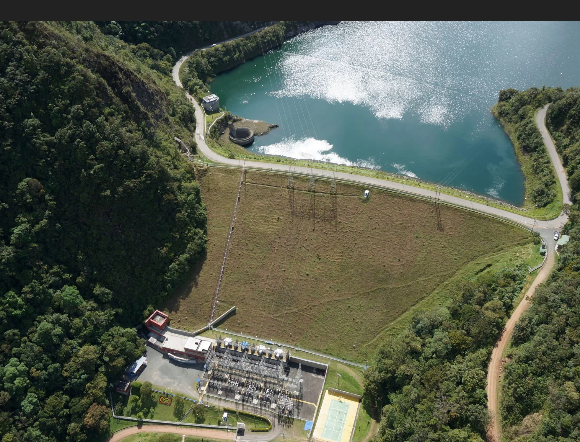Rodolfo Hernandez Stuns Pollsters; Simple Math Indicates He’s Likely to Win Presidency

Defying pollsters and traditional punsters, former Bucaramanga Mayor Rodolfo Hernandez soundly beat favored contender and former Medellin Mayor Federico Gutierrez in the first-round Colombian national elections May 29 — hence pitting Hernandez against stagnating socialist Gustavo Petro in the final round June 19.
With 100% of the votes now counted, Petro yesterday got the same 8.5 million votes (40.3%) he got in his last losing candidacy (in 2018, soundly beaten by centrist moderate Ivan Duque), while Hernandez got 5.8 million votes (28.1%), Gutierrez got 5.06 million votes (23.9%) and former center-left Antioquia Governor Sergio Fajardo came in fourth with 888,000 votes (4.2%).
With the third-place Gutierrez immediately endorsing second-place Hernandez for the final election round, simple math — and staunch anti-Petro voter sentiment – shows the likely combination of Gutierrez voters (23.9%) plus the Hernandez voters (28.1%) would easily beat Petro in the final elections on June 19, at 52% combined for Hernandez versus roughly 42-45% for Petro.
While anything can happen between now and June 19, at least Colombia now has undeniable mathematical facts — from a real-world election — rather than counting upon speculative pollsters and punsters.
In his public appearances, Hernandez had offered no specific political program in his candidacy, aside from portraying himself as an anti-establishment outsider promising to fight corruption and complacency. A clumsy public speaker and debater, he failed to show up for various televised debates among the first-round candidates.
Pundits have described the sometimes brusque, combative Hernandez as something like the rude, crude former U.S. President Donald Trump. Hernandez similarly doesn’t seem to have a clear political ideology (as was often the case with Trump, a political chameleon for decades). Latest example: Having first supported oil-and-gas hydraulic fracturing (fracking) and the use of glifosato for aerial spraying of coca crops (the source of cocaine), now he says he’s against both fracking and spraying.
Unlike career politicians (such as Petro and Gutierrez), Hernandez, now 77 years old, is a civil engineer and owner of the Constructora HG construction company in Colombia’s northern city of Bucaramanga.
His father, Luis Jesús Hernández, was just one of the thousands of kidnapping victims of Colombia’s narco-communist FARC-EP army, while his daughter Juliana likewise was kidnapped and murdered by the rival narco-communist ELN army in 2004 — hence making Hernandez an understandable opponent of some of the left-wing extremist political forces with which Petro – himself a former M-19 guerilla — has shown relative softness and forgiveness.
Rodolfo Hernandez made his first venture into politics in 2011 by backing Liberal Party candidate Luis Francisco Bohórquez for Mayor of Bucaramanga. But four years later, in 2015, Hernandez financed his own winning campaign for Mayor.
Along the way, Hernandez has gained a deserved reputation for hot-headedness, once slapping rival Bucaramanga City Councilman Jhon Claro, which triggered a three-month suspension of duties via a punitive demand brought by Colombia’s Procurador-General.
Later, a second infraction – this time for violating Colombia’s ban on elected officials participating in political campaigns (the same problem facing current Medellin Mayor Daniel Quintero) – triggered another three-month suspension, brought by the Santander Department Regional Attorney’s Office. That suspension triggered Hernandez’s decision to resign from office.
Some 18 months later, in 2021, Hernandez announced his candidacy for Colombian President, financing his campaign with his own funds.
His amateurish public-speaking capacities and occasional stupid statements – such as an instance where he intended to quote Albert Einstein but idiotically attributed the quote to Adolf Hitler – make him an easy target for Colombia’s more polished political class and its mainstream political journalists.
Unlike Petro, who favors abolishing all oil-and-gas exploration in Colombia, Hernandez supports continuation of Colombia oil-and-gas development. However, like Petro, Hernandez now says he doesn’t support fracking.
Meanwhile, Hernandez agrees with Petro on reestablishment of diplomatic relations with socialist Venezuela, the opening of peace negotiations with the ELN guerrillas, and decriminalization of abortion.
While Hernandez claims to be an anti-corruption champion, he admitted in 2019 that he didn’t deliver his promise as formerr Mayor of Bucaramanga to deliver 20,000 free lots for future homes for poor people there, triggering a lawsuit alleging campaign fraud. Also during his Bucaramanga mayorship, he was accused of trying to help engineer a municipal landfill contract that supposedly would have resulted in commissions for his son, an accusation he denied.
On another repugnant front, Hernández in 2019 referred to a candidate who aspired to succeed him as Bucaramanga mayor as a prostitute, triggering a lawsuit by associations representing sex workers and feminist groups.
Then, during this year’s presidential campaign, Hernandez issued a gaffe stating that “people don’t like women involved in government,” but later clarified that he only meant that his wife would have no role in government should he become President.
Ironically, the issue about “women in government” became clearer when Hernandez named as his vice-presidential running-mate Marelen Castillo, a Cali-born academic who would become Colombia’s first Afro-Colombian vice president — just like Gustavo Petro’s VP running-mate, Francia Marquez.
The 53-year-old Castillo launched her academic career as a biologist and chemist at Santiago de Cali University, followed by a stint as an industrial engineer at Colombia’s Autonomous University del Occidente, and then later by pursuing a doctorate in education at Nova Southeastern University in Florida, USA.
She also worked as academic vice-rector at Colombia’s “Minuto de Dios University,” founded by renowned Catholic priest Rafael García Herreros, whose radio homilies were followed by millions of devout Colombians. In a similar vein, Castillo later took a post as Dean at the Lumen Gentium Catholic University Foundation.
















